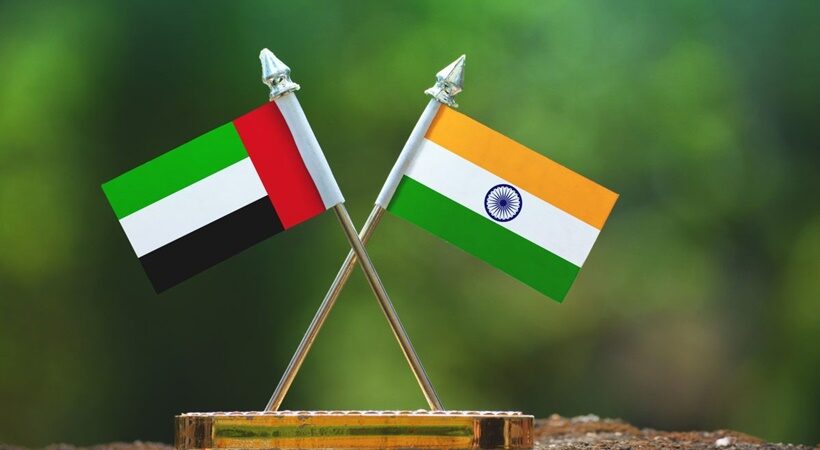A historical decision was made by the Republic of India on 17th January 2020 by issuing a gazette notification, which notifies the United Arab Emirates (UAE) as a reciprocating territory for the enforcement of judgements (Reciprocating Territory Notifications), administered by The Ministry of Law and Justice, exercising their power under section 44A of Civil Procedure Code. Individuals, companies (including financial institutions) in the UAE that have default debtors in India or with assets in the country have got an alert with features of this notification and the benefit.
On October 25 1999 a treaty was signed regarding juridical and judicial documents, commissions, execution of judgements and arbitral awards between the UAE and India. After the treaty, the laws of UAE recognized India as a reciprocating territory and it became feasible to directly enforce a judgement which was issued by an Indian court in the courts of UAE, which included mainland Dubai courts, courts of Dubai International Financial Centre (DIFC) and Abu Dhabi Global Markets (ADGM).
But no amendments were made in Indian domestic laws that implemented the treaty and hence a judgement which was given by a UAE court relating to debtor located in India, made the creditor file a fresh case in India through new evidence and hearings in the relevant court. By this, the debt recovery procedure became more expensive, time-consuming and inconvenient, which many creditors did not favour.
As even now a fresh case is needed to be filed in Indian courts the judgement from UAE courts holds more value than it did before. The UAE judgement will be given the same importance as a trial in Indian courts in accordance with Indian laws and no more scrutiny for UAE judgements from lower courts in India. Further, to file a new case the primary step would be for the creditor to obtain an execution order from the relevant Indian court.
To recover a debt from a debtor in Indian territory the creditor requires access to any and all assets owned by the debtor throughout India, including tangible and non-tangible assets, but not limited to it, such as land, property and even shares. If the debtor becomes bankrupt and declares insolvency in India, an insolvency case against his assets under the relevant laws in India can open additional factors for the recovery of debt.
This remarkable development strengthens the relationship between both the jurisdictions which means that India is no longer a safe place for frauds who left UAE with unclear debts leaving creditors in chaos.



















